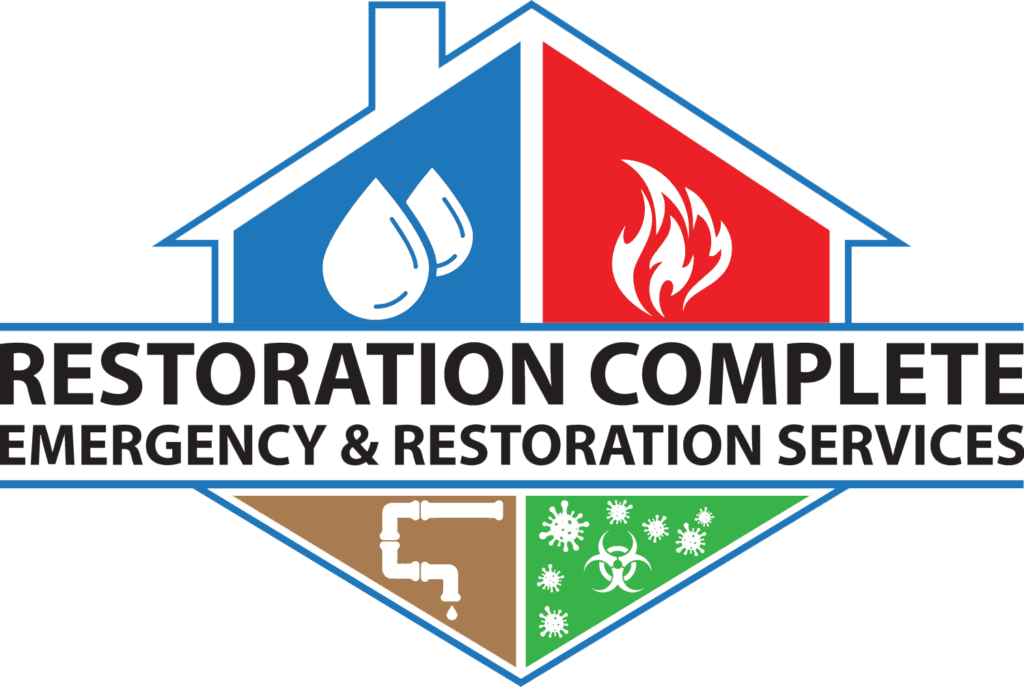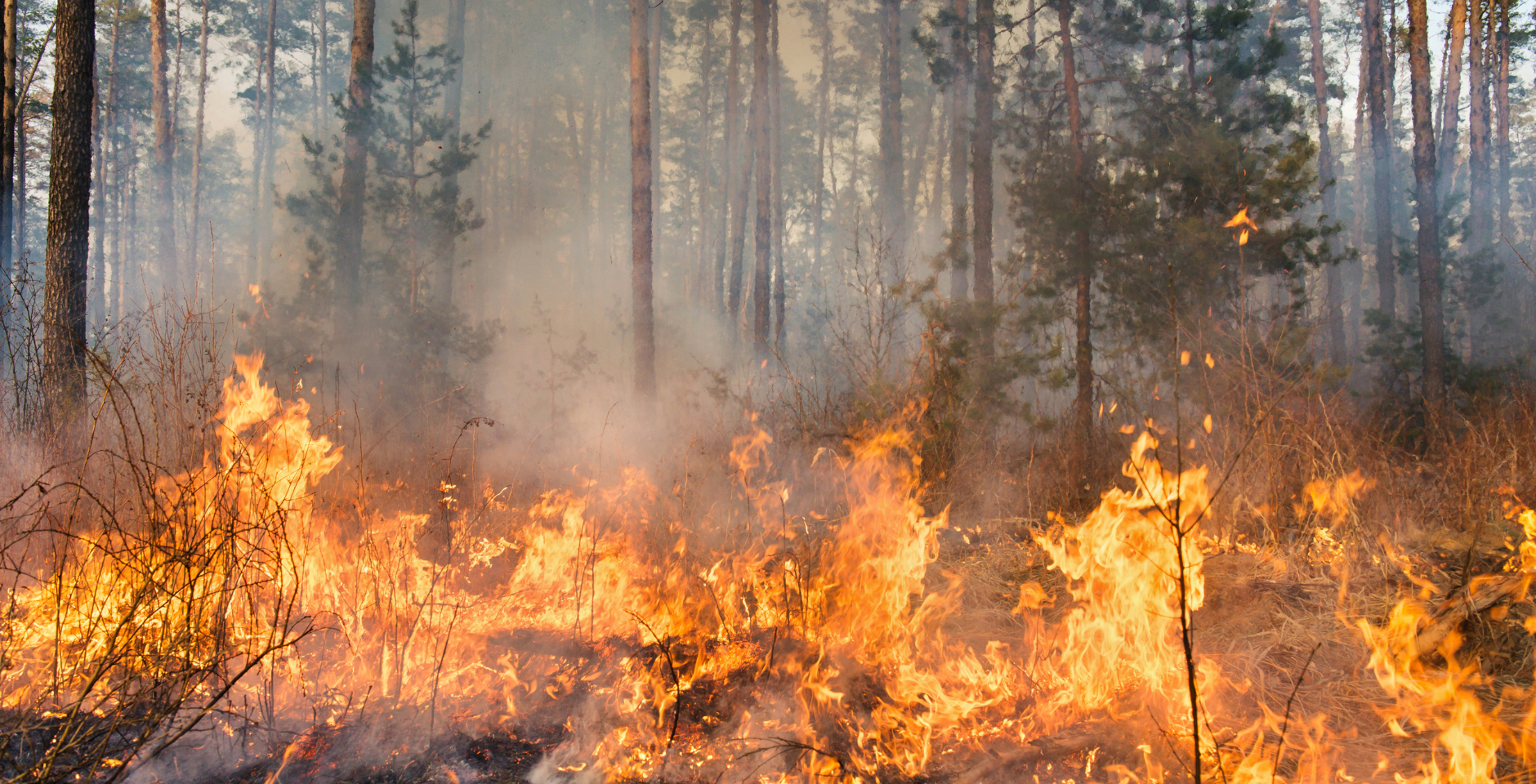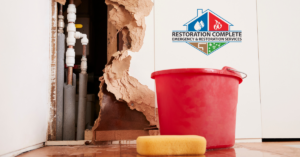One of the most essential actions for early fire detection is installing smoke detectors in high-traffic areas of your house, like corridors and bedrooms. These detectors can always be prepared to warn you in the event of an emergency by having their batteries checked and changed regularly. Along with this, creating a family fire escape plan and routinely rehearsing it can save lives in the event of a fire. If you face any issues and are looking to reschedule your properties, you must contact Restoration Complete LLC. They provide expert fire damage restoration services in Atlanta, Sandy Springs, GA, and Roswell. In this post, we are discussing several tips for homeowners to minimize risks and increase safety.
How To Prevent Fire Damage?
Purchasing fire-resistant siding and roofing for your house provides an additional line of defence against any fire threats. By removing combustible objects, dry leaves, and other debris from your property, you can help make it more defensible and lower the chance that a fire will spread to your house. Being up-to-date on local ordinances and fire safety requirements will enable you to follow the appropriate safety procedures. Attending fire safety classes or speaking with professionals from the local fire department might provide insightful information particular to your area. You can safeguard your investment and the safety of the people you care about in your house by being watchful and taking certain precautions.
Set Up Smoke Detectors:
Your first line of protection against catastrophic fires is a smoke alarm. Install smoke detectors on all floors of your house, paying special attention to the hallways and bedrooms. Test the alarms frequently, and change the batteries at least once a year. Early detection can play a critical role in limiting damage in the case of a fire. Make it a routine to clean your smoke alarms regularly, taking out any dust or debris that might be impeding their functionality. By performing this basic maintenance, you may improve the dependability of your alarms and boost their capacity to identify possible fire hazards.
Maintain The Wiring And Electrical Appliances.
Residential fires are frequently caused by malfunctioning appliances and defective electrical wiring. Plan routine checks for the electrical system in your house and take quick action to fix any problems that are found. Don’t overload electrical outlets, and repair any broken appliances or cords right away. The risk of fire can be greatly decreased by exercising caution when it comes to electrical safety.
Unplug appliances while not in use to lower the possibility of electrical problems. This reduces the possibility of electrical fires and overheating, in addition to conserving energy. Urge your family members to follow suit, so that your home becomes a safer place.
Make an Escape Plan for Emergencies:
Together with your family, create a thorough emergency escape plan to be ready for anything unexpected. Make sure that everyone is aware of the plan, designate a meeting spot outside, and identify several escape routes from each room. Regular fire drills help to reinforce protocols and encourage prompt, effective responses.
When doing your fire drills, think about several scenarios, such as rehearsing an evacuation in the dark or utilizing alternate escape routes. Everyone in your home will feel more secure in their capacity to react appropriately, even in difficult situations, thanks to this all-encompassing strategy.
Handle Flammable Materials Properly:
Combustible items like paint, fuel, and cleaning supplies are kept in storage in many homes. Make sure these things are kept out of direct sunlight and heat sources in well-ventilated spaces. To help reduce the risk of fire even more, think about utilizing cabinets and flame-resistant storage containers.
Maintain Regular Dryer Vent And Chimney Cleaning.
The accumulation of creosote and debris in dryer vents and chimneys over time can raise the danger of a fire. To avoid the accumulation of combustible items, schedule yearly dryer vent cleanings and routine chimney sweeps. By performing this easy maintenance, you may greatly lower the likelihood that a fire will start in your house.
A spark arrestor set atop your chimney is something you should think about if you have a fireplace. This device helps keep sparks from escaping and possibly starting a fire in the neighbouring vegetation or other flammable objects on your roof. It’s an easy addition that improves home security without sacrificing effectiveness.
Use Caution In The Cooking Area.
One common area where there may be fire concerns is the kitchen. Keep flammable materials away from heat sources, such as dishtowels and paper towels, and never leave cooking unattended. Make sure you have a fire extinguisher in your kitchen and learn how to use it properly. Taking a few easy safety measures can stop cooking mishaps from becoming catastrophic events.
Invest in Materials That Resist Fires:
You may lower the chance of wildfires spreading by incorporating fire-resistant landscaping around your house to create a defensible area. To improve the overall safety precautions, install fire-resistant doors and make sure you have enough insulation. To reduce the risk of fire, regular maintenance is also essential. Examples of this include cleaning out gutters of debris and keeping a safe distance between buildings and trees. You may greatly strengthen your home’s defences against flames and protect both property and people by implementing these all-inclusive techniques.
In Summary:
To provide an early warning in the event of a fire, consider placing smoke detectors in strategic areas of your house, such as the kitchen, bedrooms, and corridors. To guarantee the efficacy of these detectors, test and replace the batteries regularly. Create a family emergency plan that identifies a meeting place outside the house and evacuation routes. To make sure everyone in your family is aware of what to do in an emergency, practice fire drills. Additionally, it’s imperative to keep combustible items like paper, furniture, and drapes away from heat sources and open flames. Lastly, to further improve your home’s defence against fire threats, keep up with local fire safety standards and abide by them.


